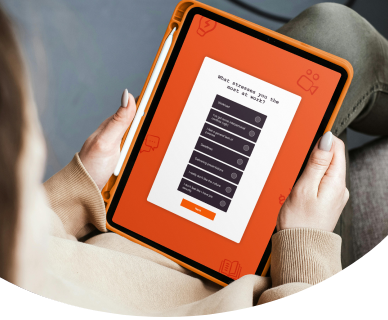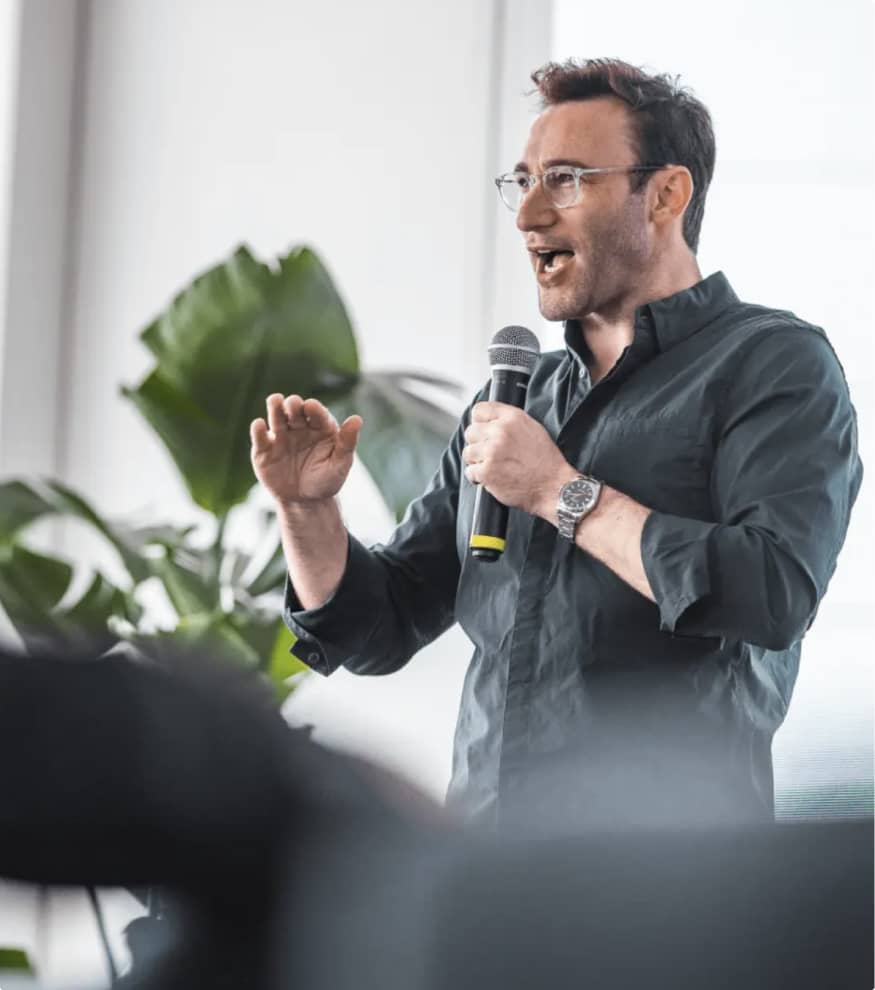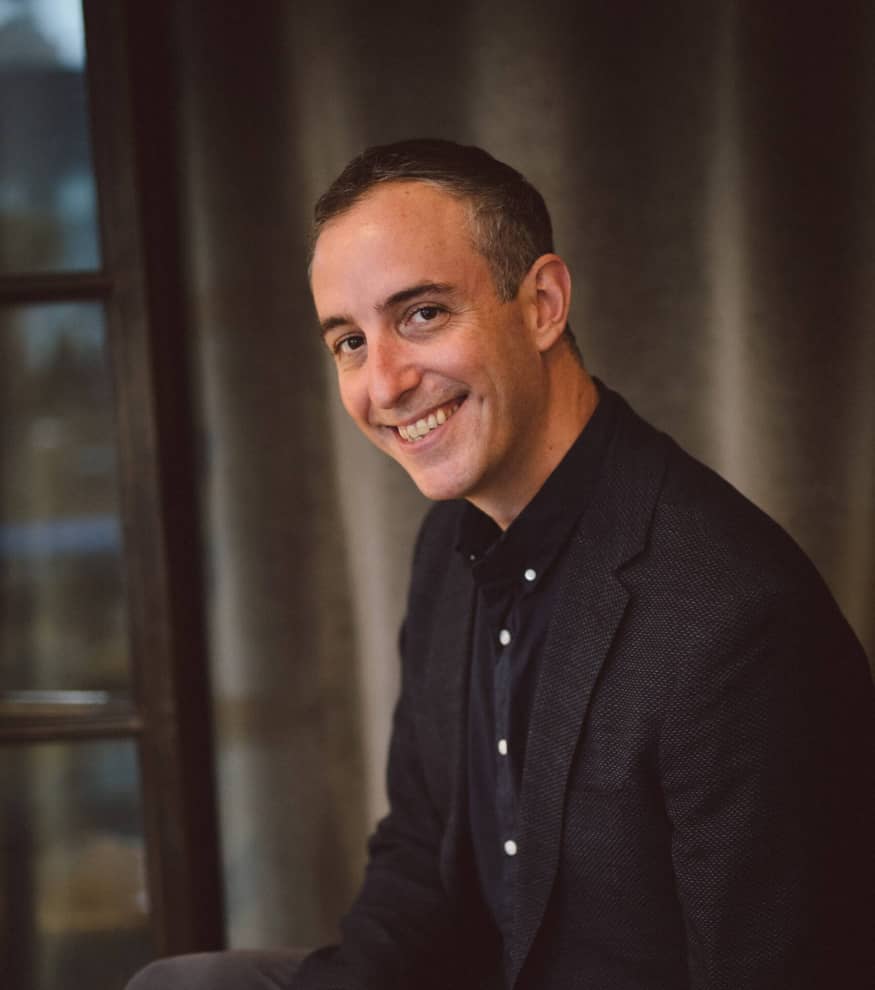There’s a moment that happens when someone discovers their WHY. We’ve witnessed it thousands of times now. Their eyes light up. Their posture changes. They likely get emotional. Something fundamental shifts. It’s not just that they suddenly understand what they do or how they do it. It’s that they finally get why it matters. And in that moment, they stop being isolated islands of effort and become connected. Connected to their work, to their teams, to the people they serve, to something bigger than themselves.
As Simon tells us, that connection changes everything. We stop going through the motions and start moving with intention. Our work becomes an expression of what we believe. Our colleagues become fellow travelers on a shared journey. The impact we make becomes the entire point.
At The Optimism Company, we’ve built our careers around helping people find that connection. We’ve seen what happens when leaders operate from their WHY, and the cost when they don’t.
But there’s always room to go deeper. And if you’re still not completely sold on the power of your WHY (or need ammunition to convince that skeptical executive or practical colleague), we’ve got something for you.
Turns out the science supporting the power of purpose is even more compelling than we realized. Researchers have spent decades studying what happens when people find purpose in their work. The results? Remarkable. Effects that rival major medical interventions, performance improvements that transform bottom lines, life changes that ripple far beyond the workplace.
So if you’re still on the fence, here are 15 science-backed side effects that might just tip the scales.
1. Imposter Syndrome Loses Its Grip
That nagging voice that says you’re a fraud? Purpose can help with that.
Studies show 70% of successful people experience imposter syndrome, partly driven by lack of belonging and purpose. But research on professional identity formation shows that developing an identity connected to purpose enhances confidence and reduces self-doubt.
When you know your WHY, you have internal validation that doesn’t depend on external recognition. You’re not performing for validation; you’re working toward something that matters.
2. Science Says You’ll Actually Live Longer
A massive meta-analysis tracked 136,265 people across 10 studies for 8.5 years. People with a strong sense of purpose had 17% lower risk of dying from any cause and 17% lower risk of cardiovascular events.
That’s an effect size comparable to major medical interventions. We’re talking about more than feeling better. We’re talking about fundamental biological changes that research suggests can affect your lifespan.
3. You Become Incredibly Resilient
Here’s maybe the most striking finding: employees who live their purpose are 6.5 times more likely to report higher resilience.
Not 65% more resilient. Six and a half times. One of the largest effect sizes in the entire literature.
Resilience research consistently identifies meaning and purpose as a core component alongside positive outlook, coping strategies, and flexibility.
Resilience is about getting back up. Projects will fail. Reorganizations will happen. Markets will shift. When you know your WHY, you have the resilience to keep going. The setback isn’t personal; it’s just an obstacle on the path.
4. Your Heart May Thank You
That same meta-analysis mentioned earlier found 17-19% reduction in cardiovascular events. What’s more, a 13-year study of nearly 3,000 Japanese adults found that people with strong ikigai (the Japanese concept closely aligned with WHY) had significantly lower stroke and cardiovascular mortality.
5. You’ll Actually Take Care of Yourself
A national U.S. study tracked 13,770 adults over 50 for eight years. People in the highest quartile of purpose were 24% less likely to become physically inactive, 33% less likely to develop sleep problems, and 22% less likely to develop an unhealthy BMI. These effects held even after controlling for demographics, baseline health, chronic conditions, and depression.
At the end of the day, we all know we should exercise more and sleep better. The knowing isn’t the problem. The doing is. When you’re connected to your WHY, taking care of yourself stops being one more obligation. You’re not exercising because you should; you’re exercising because you have important work to do and you need your body to do it.
6. Your Brain Stays Sharp Way Longer
A nationwide study of 14,482 Japanese adults 65+ tracked cognitive health for three years. Those with strong ikigai showed 36% lower dementia risk and 31% lower functional disability risk.
7. You Bounce Back from Stress and Depression
Here’s a big question: does knowing your purpose make you mentally healthier, or do mentally healthy people just happen to find purpose more easily? A rigorous longitudinal study tracked 292 German employees at two different points in time to find out.
The answer? If you found meaning and purpose in your work at the first measurement, you were significantly more mentally healthy months later. But if you were mentally healthy at the first measurement, that didn’t predict whether you’d find purpose in your work months later. In other words: finding purpose creates better mental health, not the other way around. It’s not just that happy people happen to see more meaning in their jobs. It’s that connecting to your WHY actively improves your mental health over time.
Another study merged surveys with actual health insurance claims to track certain diagnosed conditions. That study found that employees in psychologically caring climates had 32% lower odds of being diagnosed with clinical depression.
8. You’ll Sleep Like You Used to
Remember when you could fall asleep without your mind racing through tomorrow’s meetings? Purpose can bring that back.
That eight-year study found people with strong purpose were 33% less likely to develop sleep problems. It makes sense: When you’re disconnected from your WHY, work becomes anxiety and rumination. When you’re connected, work becomes something you can set down at day’s end because you trust it matters.
9. You Believe in Yourself More
A structural study of 234 high school students found awareness of purpose explained 35.3% of the variance in self-esteem. Students who saw their activities as contributing to something beyond themselves reported significantly stronger self-confidence.
Another study of 315 physicians found psychological capital (which includes self-efficacy—your belief in your own abilities) was a strong predictor of meaningful work. It’s a virtuous cycle: self-efficacy helps you create meaningful work, which reinforces self-efficacy.
10. You Trust Your Career Choices
Career decisions are hard. Should you take that role? Make that pivot? Stay put? Purpose acts as a compass.
A study of 801 teachers found those with strong career calling reported significantly higher confidence in managing professional challenges. Another study found self-efficacy drives career development—people confident in their capabilities pursue more exploration and adapt better to changes.
Career paralysis is real. When you don’t know what you’re working toward, every decision feels equally risky and meaningless. But when you know your WHY? You’re not asking “Which option will make me more money?” You’re asking “Which option lets me better serve my WHY?” And suddenly, the answer is often obvious.
11. You’re Way Better at Your Job
Here’s where skeptical executives should pay attention: purpose dramatically improves performance.
A study of 459 professionals found meaningful work predicted strengths use, and strengths use predicted performance. McKinsey research found performance improves by 33% when employees find work meaningful. The most comprehensive meta-analysis of 70,541 participants found meaningful work strongly correlated with job performance, work engagement, and motivation.
At the end of the day, better performance isn’t just good for the company. It’s good for you. Better projects, more opportunities, more influence. Performance stops being something you force and starts being something that flows.
12. You Actually Want to Stay in Your Role
Turnover is expensive. It amounts to upwards of 50-200% of one’s annual salary in recruiting, training, and lost productivity.
McKinsey found employees who find work meaningful are 49% less likely to leave and 75% more committed. A survey of 1,021+ U.S. workers found 70% define purpose through work. Deloitte found 47% have left organizations for purpose-related reasons, with 2 in 5 Gen Z and millennials rejecting jobs not aligned with their values.
Let’s face it: Constantly job-hopping isn’t that fulfilling. Once you find your WHY and your organization supports it? Staying becomes powerful.
13. Your Creativity Flourishes
Purpose does more than make you productive. It makes you innovative.
A study of 528 employees found that perceived social impact—believing your work helps others—significantly increased innovative work behavior and creativity. Research on Fortune 100 Best Companies reveals that in purpose-driven companies, leaders inspire creativity across all levels. Purpose provides the “energy for action” that sustains creativity long-term, while external rewards only produce temporary bursts.
The future belongs to the creative. As AI handles routine tasks, imagination becomes more valuable. When you’re connected to your WHY, you’re not checking boxes. You’re actively seeking better ways to serve that purpose. You experiment. You take risks. That’s where breakthroughs come from.
14. You Help Others More (and Love It)
A two-wave study of 239 employees found prosocial motivation (the desire to help others) positively related to thriving at work, and thriving mediated the relationship with work engagement. A study of university staff found prosocial behaviors driven by purpose directly impacted organizational performance and sustainability. Meta-analyses show meaningful work correlates with organizational citizenship behaviors. In other words, those above-and-beyond actions that make teams function.
15. You Keep Growing and Learning
Purpose drives continuous development in ways pure ambition never can.
Research shows career is a means to pursue purpose, and awareness of purpose leads to both wellness and career growth. Purpose awareness impacts career decision-making and journey planning. Organizations embedding purpose into development help employees adapt through industry changes, providing career resilience.
When employees connect to bigger purpose, they pursue skill development—not because they “should,” but because they need those skills to serve their WHY.
When you know your WHY, learning becomes natural. You’re not collecting credentials. You’re building capabilities to make the impact you want to make.
Simon’s spent years helping people discover their WHY, and he’s packed everything he’s learned into an online course. If you’re ready to find yours, join us here.












